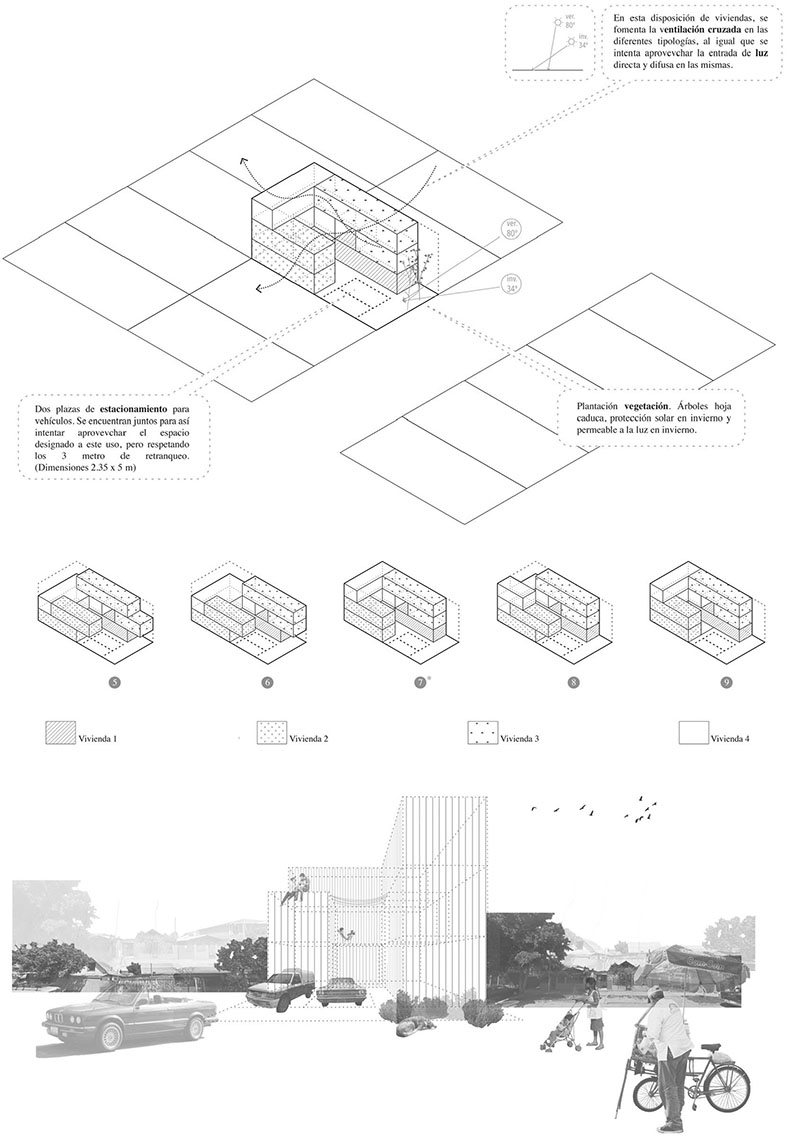Paradigms in Transition from a North – South Perspective
Downloads
DOI:
https://doi.org/10.7480/rius.5.3984Abstract
As an introduction, this chapter explains the main differences and convergences in the context of housing provision between Chilean and European cities. The chapter describes moments of housing provided by the Welfare States and moments in which housing rights are subject of major financialization. Here, the text describes what this publication wants to highlight: ‘the culture’ of the collective in housing provision. Despite the different traditions and cultural contexts in cities in the north and in the south, the core question remains the same: how do the inhabitants in the city agree on the way they want to live?
How to Cite
Published
Issue
Section
License
Copyright (c) 2019 Darinka Czischke, Elke Schlack

This work is licensed under a Creative Commons Attribution 4.0 International License.
References
Aalbers, M. B. (2015). The great moderation, the great excess and the global housing crisis. International Journal of Housing Policy, 15(1), 43-60.
Aliste, Enrique 2014. Prefacio. Apuntes breves para pensar una geografía urbana crítica. In R. Hidalgo & M. Janoschka, (editores) LaCiudad Neoliberal. Gentrificacion y exclusion en Santiago de Chile, Buenos Aires, Ciudad de Mexico y Madrid. Santiago de Chile: Geolibros, 33–41.
Angelcos, Nicolás & Pérez, Miguel 2017. De la “desaparición” a la reemergencia: Continuidades y rupturas del movimiento de pobladores en Chile. Latin American Research Review .
Castillo, María José, Forray, Rossana & Sepúlveda, Camila 2008. Corolarios arquitectónicos. Más allá de los resultados cuantitativos, los desafíos de la política de vivienda en Chile. Quorum 20, 14–29.
De Mattos, Carlos A. 2015. Revolución urbana: Estado, mercado y capital en América Latina. Santiago de Chile: RIL editores.
Espinoza, Vicente 1988. Para una historia de los pobres de la ciudad. Colección. Santiago de Chile: Ediciones SUR.
Garcés, Mario 2002. Tomando su Sitio. LOM Ediciones.
Hidalgo, Rodrigo 2004. La vivienda social en Santiago de Chile en la segunda mitad del siglo XX: Actores relevantes y tendencias espaciales. Instituto de Geografía, Pontificia Universidad Católica de Chile 219–241.
Jarvis, H. (2013). Against the ‘tyranny’of single-family dwelling: insights from Christiania at 40. Gender, Place & Culture, 20(8), 939-959.
Rolnik, R. (2013). Late neoliberalism: the financialization of homeownership and housing rights. International journal of urban and regional research, 37(3), 1058-1066.
Lang, R., Carriou, C., & Czischke, D. (2018). Collaborative housing research (1990–2017): A systematic review and thematic analysis of the field. Housing, Theory and Society, 1-30.
Márquez, Francisca 2008. Resisitencia y sumisión en sociedades urbanas y desiguales: poblaciones, villas y barrios populares en Chile. In Procesos de urbanización de la pobreza y nuevas formas de exclusión social : Los retos de las políticas sociales de las ciudades latinoamericanas del siglo XXI. Bogot: CLACSCO, 347–369.
Morales, Eduardo & Rojas, Sergio 2009. Relocalización socioespacial de la pobreza: política estatal y presión popular. In A. Rodriguez & P. Rodriguez, (editores) Santiago, una ciudad neoliberal. Santiago de Chile: OLACCHI, 123–142.
Renna, Henry 2015. La situación actual de los movimientos sociales urbanos. Autonomía, pluralidad y territorialización múltiple. In J. Solis, M. Valencia, & L. Cortés, (editores) Vectores de Residencia. Antología Revista Diseño Urbano y Paisaje. 2005-2013. Santiago de Chile: CEAUP, 24–33.
Vestbro, D. U. (2000). From collective housing to cohousing—a summary of research. Journal of architectural and planning research, 164-178.
Wetzstein, S. (2017). The global urban housing affordability crisis. Urban Studies, 54(14), 3159-3177.
Woetzel, J., Ram, S., Mischke, J., Garemo, N., & S. Sankhe (2014). A blueprint for addressing the global affordable housing challenge. McKinsey Global Institute.




